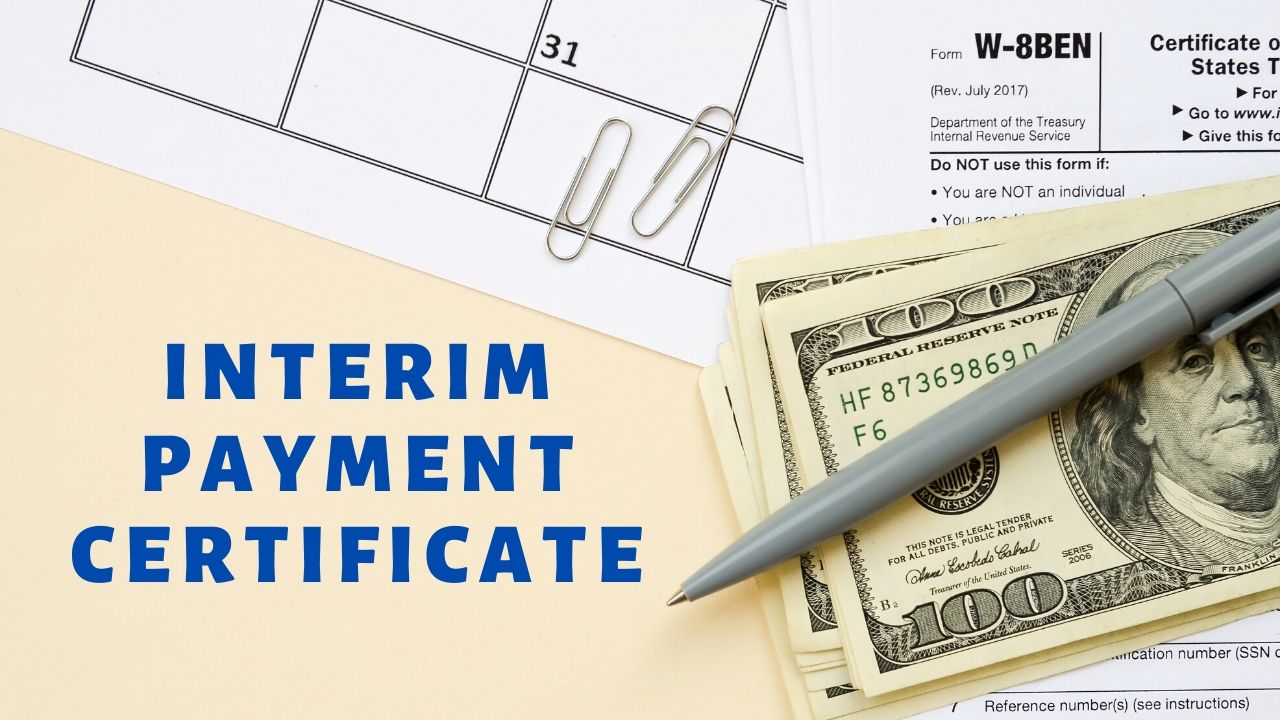After suffering from an accident, your earnings may suddenly reduce. In that case, if you apply for an interim payment to the insurer, you can receive substantial financial support to recover from adverse situations. That may be ill health, rehabilitation and ensure a better quality of life.
It usually consumes a lot of time for processing it. Consequently, the claimant often suffers from financial loss as the case continues. Nevertheless, there are procedures to speed up the process to receive interim payments.
What should you know about the interim payment?
An interim payment is an immediate payment scheme for any of your emergency purpose. It is an amount advanced from the total compensation, after claiming for personal injury. The interim payment is for serious injuries for medical purposes.
Such claims usually take months or a longer period for processing them. As a result, claimants require additional help to recover from injuries and overcome the financial responsibilities of their families.
How many interim payments can I have and at what frequency?
You can receive the interim payment throughout the phase for which you claim compensation for injuries. Therefore, you have the scope to claim for more than one in case you need them. However, in most cases, the court does not levy another one based on the same criteria.
Look for employment agencies providing solicitors to assist you in persuasively requesting the right amount, guaranteeing payments. However, before you look for such agencies, you can make voluntary claims to defendants for the amount you require them to pay you. Amounts assigned to interim payments depend on the severity of the case. However, in no way, it exceeds the reasonable proportion compared to the total compensation rate.
There are no restrictions for interim payments but it needs to comply with rules stated as ‘reasonable proportion’. When the defendant refuses to pay interims or pay sufficiently for the claimant’s needs, make an interim payment application.
You have to make the application to the County Court or even the High Court depending on claim value and complexity of issues. Provide written evidence that supports interim amount, purpose, and the amount at the conclusion. You have to apply on notice to the defendant before 14 days of hearing applications.
How to prepare an interim payment certificate?

The interim payment certificate is paperwork issued by the “Contract Price and payment” clause to certify the payments. This is one of the certificates issued apart from the certificate of final payment. The certificate suggests a method to make payments to contractors based on milestones.
The payment amount is present in the certificate, which the client acknowledges within a stipulated time as per the contract. At times, the client pays a different amount for which they have to notify contractors. The amount needs to go at par with calculations obtained from Housing grants as per the Construction and Regeneration Act.
The interim payment takes place throughout the whole time for construction. It is the primary method of payments from contractors for preset intervals. Thus, it becomes a cash flow between the two parties. The amount that is paid is the value of work during the construction period. The interim amount calculates monthly valuations.
How does it work?
Interim payment works if only the contractor admits that they were responsible for accidents. Even the court orders interim payment after the case meets the criteria like contractor admits liability. There can be a probable chance to receive interim payments if there is a fair chance to prove the contractor guilty.
The value assigned to your interim certificate corresponds to the value of your work. This means, for fewer amounts paid there will be less retention. After practical completion of the work, payments take place on 50% of the retention amount. While the other half on issuing a certificate for good defects.
For any designing project or bridge loan, contract sum analysis decides the amounts that contractors have to pay. Contract conditions mandate the contract administrator to issue an interim certificate within five calendar days. The Housing Grants, Construction Regeneration Act 1996 sets the five calendar days that are unchangeable.
Additionally, you may even have some emergency factors like paying medical bills or immediate adjustments for accommodations. Alternatively, your interim payment amount is considerably lower than the actual compensation.
After final compensations, contractors will deduct interim payments from the actual amount of compensation. This is to mean; the final compensation amount is smaller. However, the benefit lies in the fact that you can spread out the compensation amount. Therefore, you will no longer have to yearn for funds that you require now.
How can you benefit from this?
An interim certificate clearly states the retention amount for nominated sub-contractors, if any. Here, the contractor will request you to keep the retention amount in a differently certified bank account. For this, the client has to restore the account by paying a certain amount of interest.
At times, there are provisions for including the value of costly materials, which the contractors have not provided on-site. It reminds the contract to order them at the right time without suffering long-term costs. However, you may be at risk in case the contractor faces bankruptcy.
Money received from interim payment is of great help to injured parties. For which, the money finds the best use in medical treatments, rehabilitation or any immediate equipment-support. The money that you get can help to find the right accommodation so that you can ensure of comfortably settling down. Apart from this, this money will help you get around easily.
Interim payments for personal injury and medical negligence include losses of your earnings and supports care regime. In most cases, specialist injury lawyers suggest interim payment aids recovery and to better the quality of life.
Thus, it proves that interim payments are of great help to patients of accident injuries or severe personal injuries. If you are suffering from financial difficulties do not worry. Factually, interim payments can be the savior at times, when your case is slightly on the winning side.





